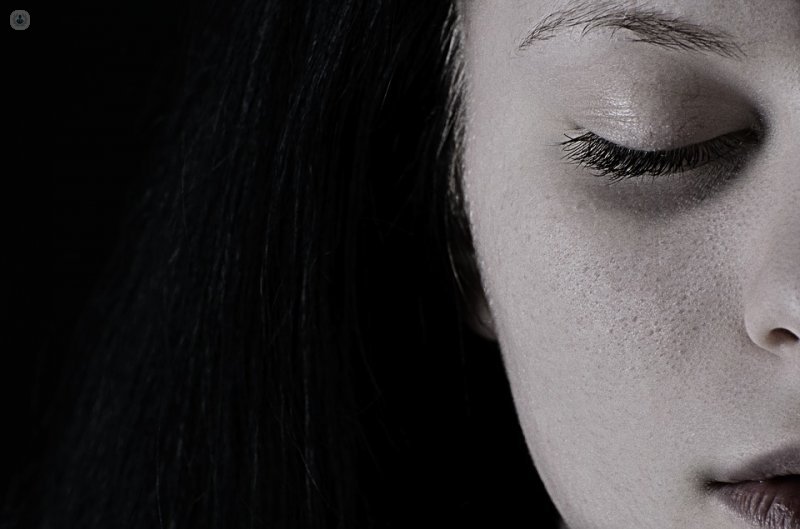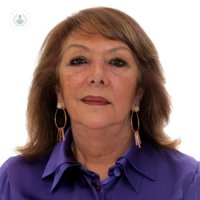Overcoming grief, loss and finding meaning in life
Written by:"Grief is as natural as mourn when you get hurt, sleep when you're tired, eat when you're hungry. It is how the healthy nature a broken heart. "Doug Maninng
The duel is part of our living. Life and death are two sides of the same coin, an expression of the transience of everything around us, nature of reality. However, while a stamp of existence, our attitude toward death, to something that is inevitable, it is often pretend that everything always remain the same. Although the change and movement of life are inescapable, denial and non acceptance are present in everyday life.
Loss, an inevitable process in life
This reality shows us pretend not to see that, for any loss, and life, are constantly losing things. There is an inevitable pain, and that pain is part of life, turn it into something pathological that we should avoid and cover and, instead of letting an expression of our deepest reality that humanize us, we hide. In this way we miss the opportunity enclosing death to focus on what is really valuable.
Grieving process: firming, strengthening and connecting with others
Develop a duel requires an active attitude by the mourner to build a new reality from the experience and meet the challenges of loss. It is a process of firming, strengthening and expansion of our connection with others that begins with giving yourself permission to go through the pain and vulnerability.
The duel depends not only on time, but the work done, the relational context and meanings that must be rebuilt after the loss.
From this point of view to grieve and need a spacio to develop emotions and feelings involved any loss, and help us stay connected with life, learning to live with what is no longer, or is different.

How to know if exceeded the grieving process
Grief hurts, a sign that the process is becoming healthily. If we allow ourselves to feel the pain without covering it up or hold on to it, pain is an indicator, as Neymeyer (2000) says that we are rebuilding our inner building that has collapsed after the loss, and is a sign that can help us the reorganization of our existence to live with the absent, until we get back the balance.
Healthy grieving process that we must go through involves a series of tasks and needs that we need to address and lead us to the experience of integration of loss and even grow, making us wiser in our lives.
The duel, from this point of view, is a work that everyone should do and to go through it , as Alba Payas (2010) explains, we go through different stages are not linear necessarily, and sometimes overlap and require perform a series of tasks:
In the initial stage of numbness and shock, the main task of mourning is to handle the most traumatic aspects of loss.
At the stage of avoidance and denial, the main task is to gradually dissolving the protective distortion-avoidance strategies and gradually increase pain tolerance.
At the stage of connection and integration, adaptive task is to perform the work of mourning associated with the relational aspects of loss.
In the final stage of growth and transformation, the main task of this stage of grief is to replace the beliefs we had new mindsets by incorporating all the weight and the emotional significance of the loss.
To mourn ultimately means changing the coordinates of life, learn to live with loss, finding new meaning and be able to develop new resources to continue living. Sometimes it makes sense to contact a specialist Piscología , because their experience can help overcome loss with less difficulty.
Authors: Cortés Francisca Rodriguez, a clinical psychologist, and Susi Lizon, humanist psychologist.



